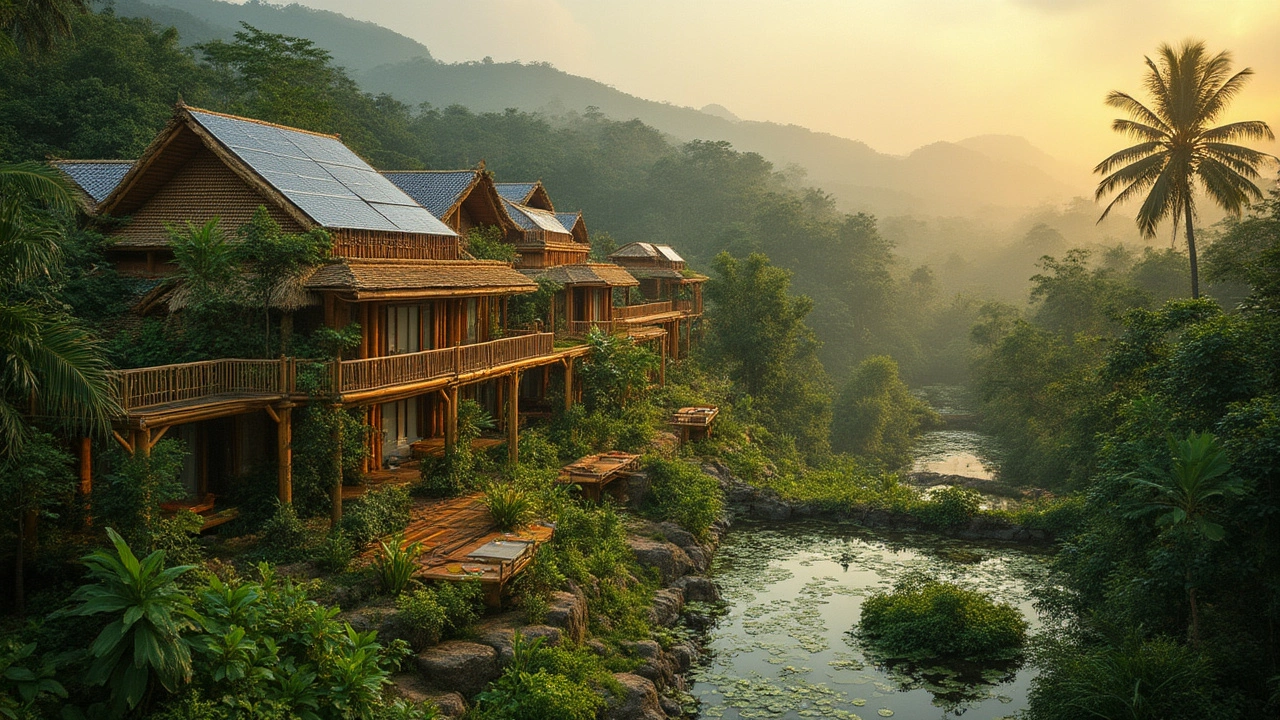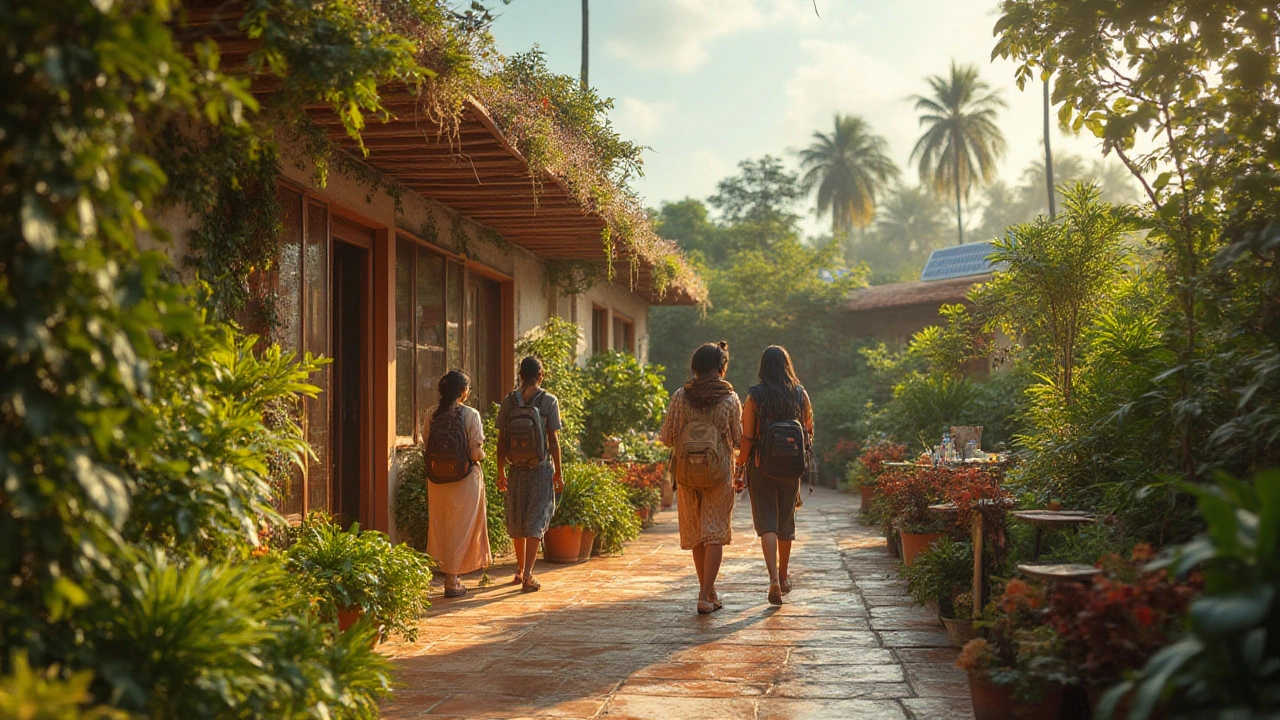Sustainable Travel in India
When you choose sustainable travel, a way of exploring places that protects the environment, supports local people, and respects cultural traditions. Also known as eco-friendly tourism, it’s not just about using reusable bottles—it’s about making choices that let wild places and villages thrive long after you leave. In India, this means hiking trails where guides are paid fairly, staying in camps that use solar power, and eating at stalls run by families who’ve served the same food for generations.
Sustainable travel requires awareness. It’s not just avoiding plastic. It’s asking if that temple tour supports local priests or just a foreign-owned company. It’s choosing a trekking route that doesn’t overload fragile mountain ecosystems, like the ones near Roopkund or Markha Valley. It’s knowing that the Great Himalayan Trail isn’t just a path—it’s a lifeline for remote villages that depend on responsible visitors for income. And it’s understanding that visiting a World Heritage Site like the Taj Mahal doesn’t mean joining a crowd that damages the marble. You can see it without breaking it.
Responsible tourism, a practice where travelers prioritize minimizing harm and maximizing positive impact. Also known as ethical travel, it’s why you hire local guides for treks in the Himalayas, not just for safety—but because they know the land, the weather, and the stories no brochure can teach. It’s why you avoid buying carved ivory or coral souvenirs, and instead buy handwoven scarves from women’s cooperatives in Kerala. It’s why you respect temple dress codes not because rules say so, but because those rituals matter to people who live there. This isn’t about being perfect. It’s about being better than the last trip. You don’t need to go zero-waste to make a difference. Just skip the bottled water. Ask if your jungle camp recycles. Eat where the locals eat. That’s how you turn a vacation into a contribution.
Below, you’ll find real stories from travelers who chose wisely—whether it’s navigating food safety in Mumbai without getting sick, understanding visa rules for US travelers planning a long stay, or learning why Nagpur is called the Heart of India not just geographically, but because it’s a quiet hub for low-impact adventure. These aren’t generic tips. They’re lessons from people who’ve been there, seen the impact, and chose differently. You don’t need to be an expert to travel sustainably. You just need to care enough to ask the right questions.



